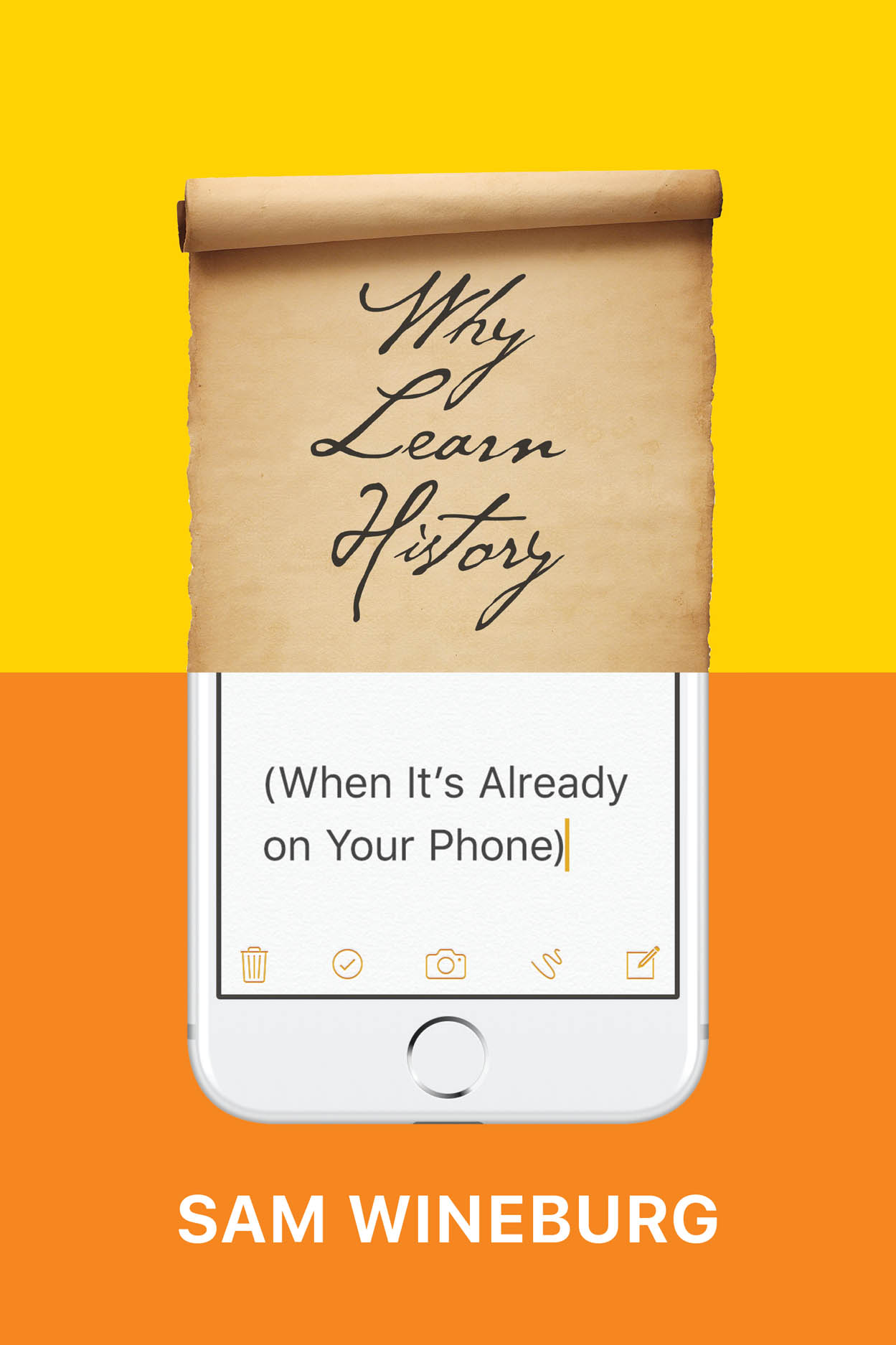Trapped in an inescapable flood of information – it’s sink or swim
Has there ever been an era in human history in which communication slowed down? Or is the increasing rate at which information is shared a historical constant?
there ever been an era in human history in which communication slowed down? Or is the increasing rate at which information is shared a historical constant?
My money’s on the latter.
In attempting to navigate the flood of information online, which seems in no danger of slowing down, it’s pretty much sink or swim. So why not invest some time checking out Professor of Education and History at Stanford University Sam Wineburg’s new book Why Learn History (When It’s Already on Your Phone).
Confronting head-on the deluge of information that modern technology has made available, and offering crucial tips for navigating it, Wineburg’s book is of value to citizens and students alike, offering readers a tool set for vetting and verifying the myriad sources of information we encounter online, while laying bare the many rhetorical devices used to spin and bias purportedly factual information.
Recently Slate magazine has invested a decent sized chunk of their online real estate to what Wineburg has to say, with an eye-opening interview with the author as well as an excerpt from his new book in which Wineburg offers an insightful and penetrating critique of Howard Zinn’s classic, A People’s History of the United States.
Wineburg writes in the Slate excerpt:
I find myself agreeing with A People’s History in some places … and shaking my head in disbelief at others. Yet where my proclivities align with or depart from Zinn’s is beside the point.
I am less concerned with what Zinn says than his warrant for saying it, less interested in the words that meet the eye than with the book’s interpretive circuitry, which doesn’t. Largely invisible to the casual reader are the moves and strategies that Zinn uses to bind evidence to conclusion, to convince readers that his interpretations are right. More is at stake in naming and making explicit these moves than an exercise in rhetoric. For when they encounter Zinn’s A People’s History, students undoubtedly take away more than new facts about the Homestead strike or Eugene V. Debs. They are exposed to and absorb an entire way of asking questions about the past as well as a means of using evidence to advance historical argument. For many students, A People’s History will be the first full-length history book they read—and, for some, it will be the only one. Beyond what they learn about Shays’ Rebellion or the loopholes in the Sherman Antitrust Act, what does A People’s History teach young people about what it means to think historically?
Continue reading on the Slate website.
In other Wineburg news the author has also written an extensive article for the Chronicle adapted from his new book. Titled “Obituary for a Billion-Dollar Boondoggle” it details the history of an ill fated attempt by the DOE to revitalize education in history in the early aughts through its Teaching American History program. Check it out on the Chronicle website.
For more about Why Learn History (When It’s Already on Your Phone) see the detail page on the Press website and don’t forget to follow the author’s Twitter feed @samwineburg